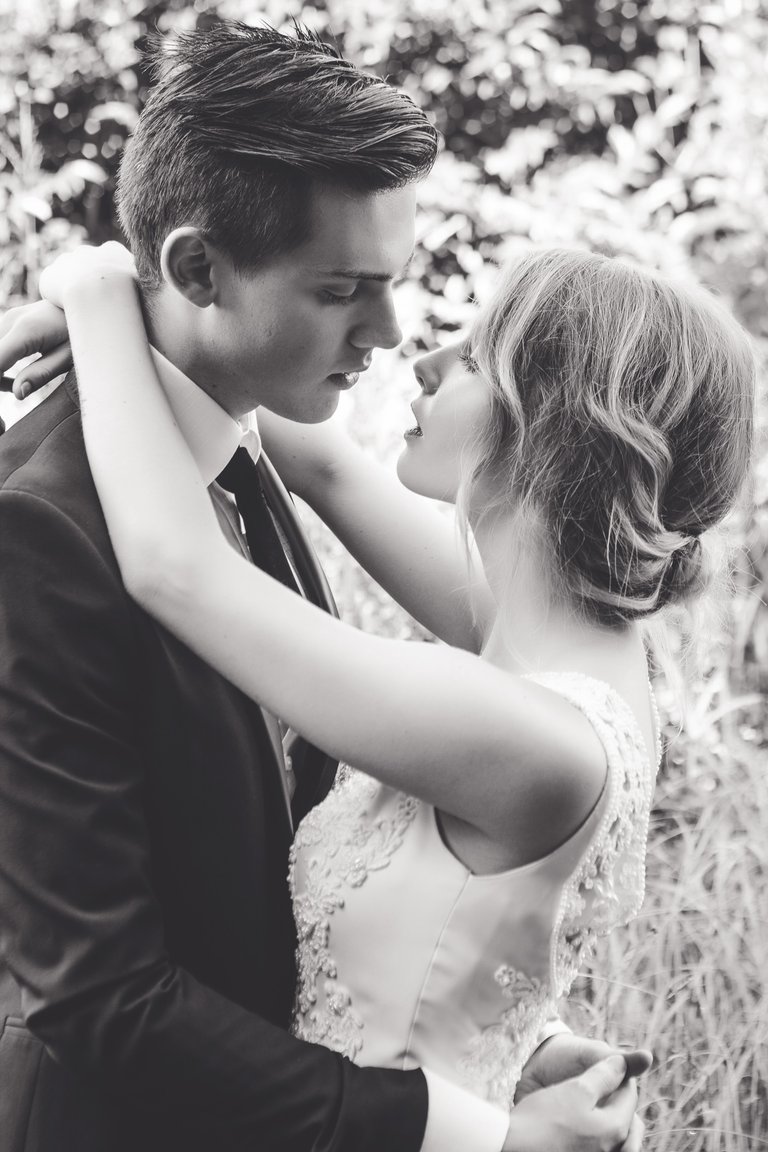 Source
Source

“There are three important events in the life of a human,” said the preacher. He continues, “The first is the day of your birth—the day you leave your mother’s womb. The second is the day of your wedding. Even though not everyone might get married, finding a partner or partners (for those who practice polygamy) that you spend the rest of your life with and raise a family with is something that almost everyone wishes for. The third event, he said, is one’s death day—the day one leaves this world.
Out of these three events, the only one you get to plan for yourself is your wedding day. He said, "Other events are planned by your relatives." For instance, the circumstances of your birth are planned by your parents, and most of us bear the names given to us at birth by our parents. Another example is your burial, which is most likely going to be planned by your children and, for those without children, by their closest relatives and friends. The people invited to the burial are not controlled by the dead, nor is the order of the ceremony. That’s why the wedding is a very important event; it is the only major event for which you can be fully aware of what’s going on, who gets invited or not, the order, and where it happens.

I’m a single lad in my early twenties, and the thought of marriage isn’t even in my plan yet. I’m so single right now that I don’t even have a girlfriend. But that doesn’t mean I haven’t thought about the future or what my wedding day would be like.
In my country, Nigeria, the wedding day is a very big event that requires the bride, the groom, and their respective families to work together to make it happen. The wedding involves three to four processes. The first is the engagement, which is where the groom and his family go to meet the bride’s family to seek her hand in marriage. The second is the traditional marriage; some people do this traditional marriage with an engagement.
The third is the church, mosque, or court wedding. Depending on the choice and religion of the couple, some people, after a church or mosque wedding, proceed to court, or vice versa. But the last event and the most attended event by guests is the after-wedding banquet. This is perhaps the most expensive part of a wedding, and a lot of planning goes into it. It occurs immediately after the church or mosque wedding, and people who don’t attend the church or mosque wedding due to its boring nature don’t dare miss this. Families and friends come together to dance, eat, celebrate, and give gifts to the newlyweds.

Many people are supposed to be married today but are not married today because they are planning for the perfect wedding or they are still saving up for their wedding ceremony. Many want a grand wedding, which is expensive, and this makes them enter into debt. I view such an act as stupidity. An elaborate wedding doesn’t mean the marriage will last a long time. Many people focus on their wedding, and they forget that marriage also comes with challenges.

On my wedding day
On my wedding day, I would love to get married to a beautiful lady (not just physically beautiful but in character) in a simple fashion in the church, and if it is possible to skip the after-party, I would. Even though I’m not a fan of razzmatazz at the wedding after-party banquet, I think there is still an advantage to it, for it makes the wedding memorable. So, I might have an afterparty, but on a small scale, and only important or immediate family and friends would be invited.
But you know, a wedding requires both the groom and bride and even their families to plan. I can talk about my wish, but I don't know what type of wedding my future wife would want, and you know, when it comes to ceremonies, ladies have more say. But whatever our plan for the wedding might be, I’m sure it won’t be something that would put us in a situation to borrow money or be in debt because of social norms. We would cut our coats according to our sizes.

Thank you for reading!
27-09-2023



